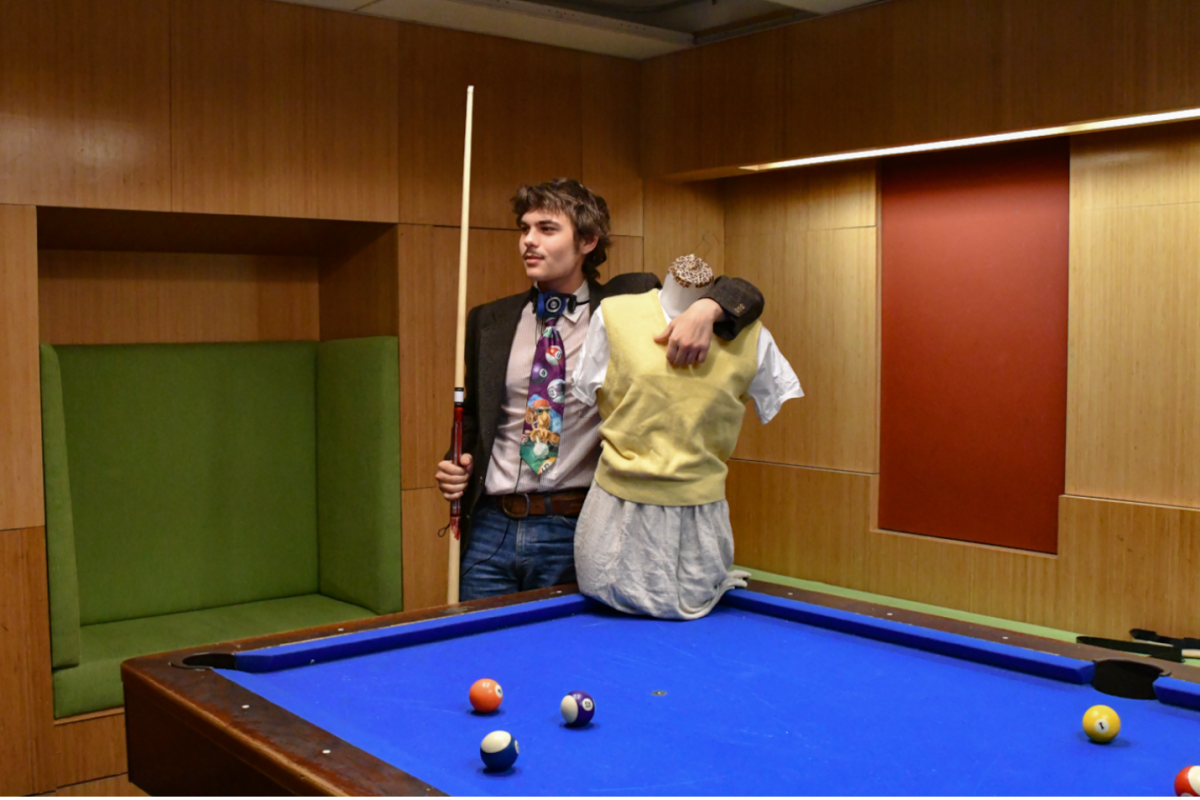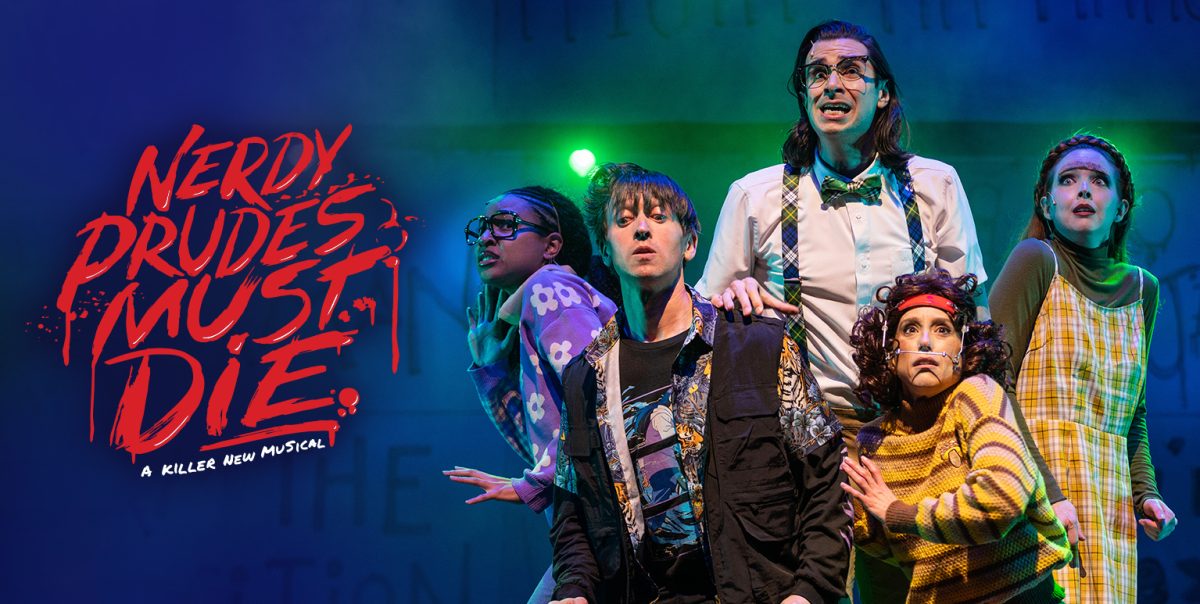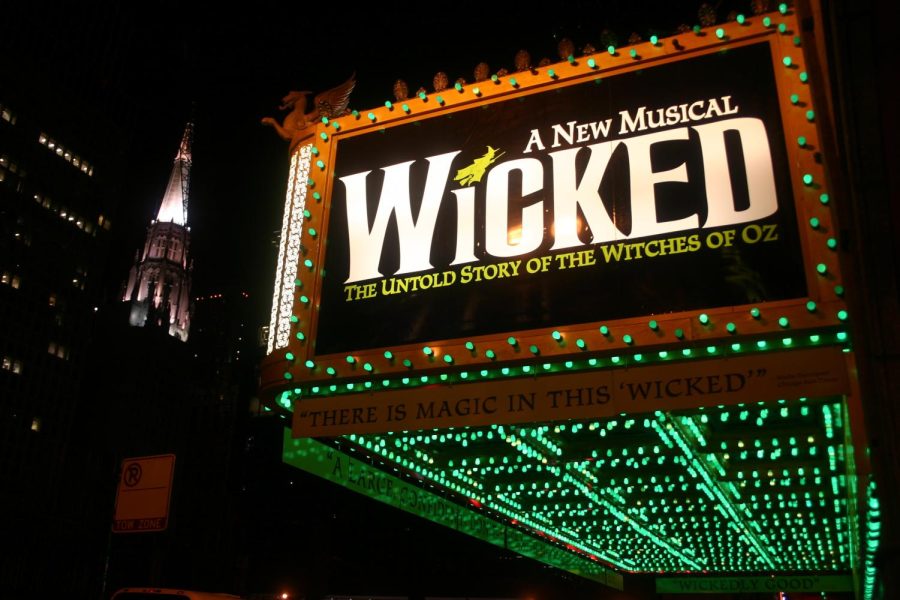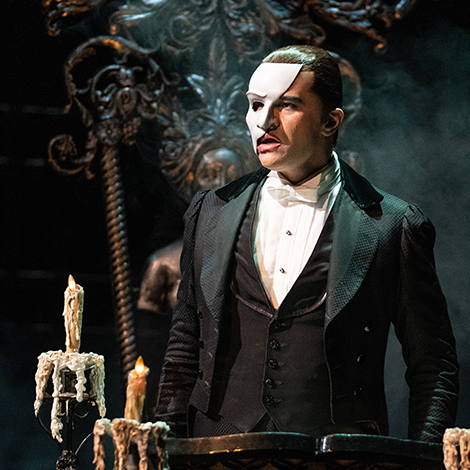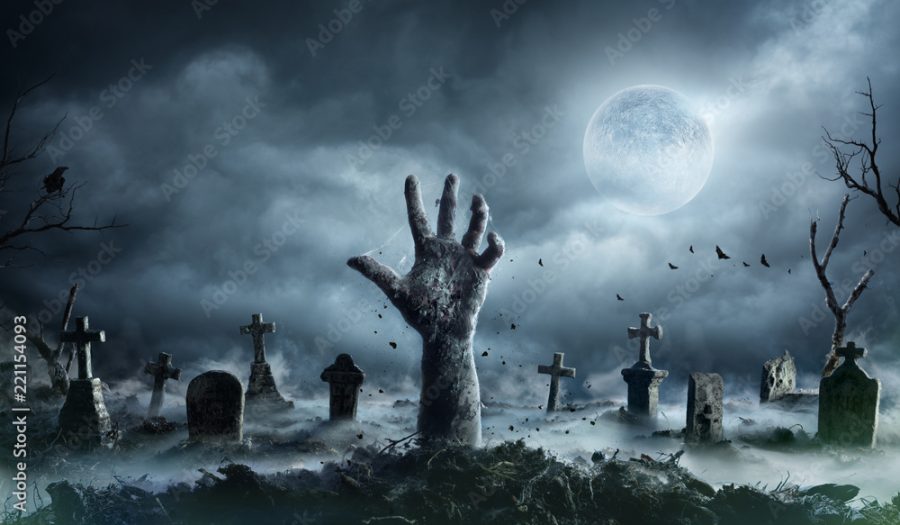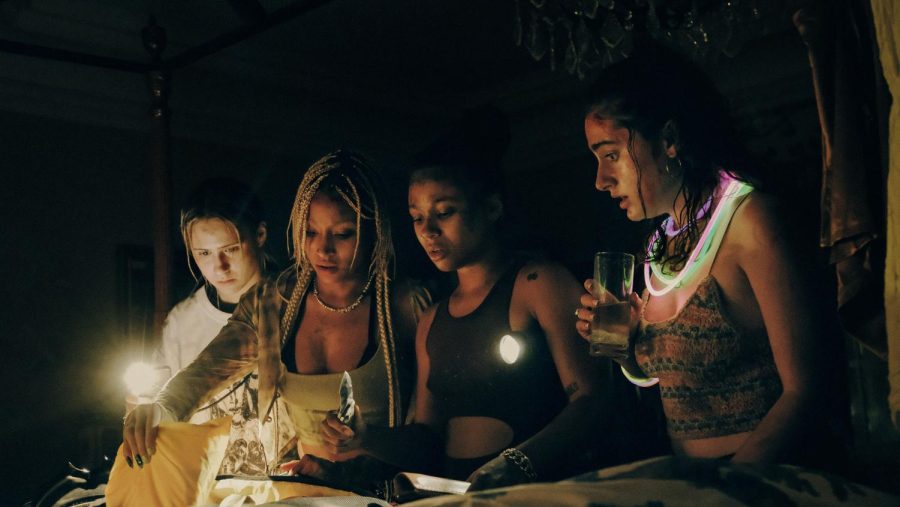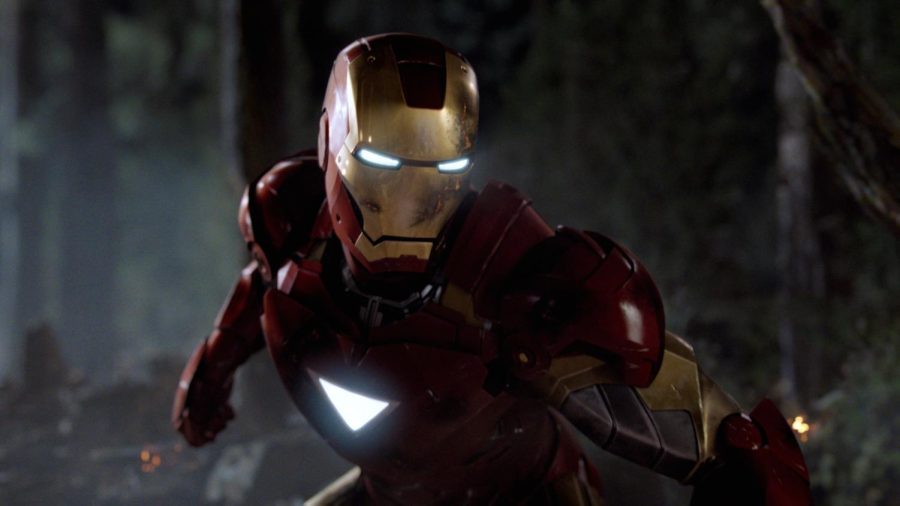
“Macbeth” is being shown at Amherst Cinema through National Theater Live, a service that streams taped plays performed by London’s National Theater to the United States. Though the recordings lack the immediacy and exhilarating unpredictability of a live show, the NT Live broadcasts allow these amazing performances to reach a much wider audience and may encourage more people to head to a local theater company to see the real thing. NT Live is celebrating its 50th anniversary of broadcasting through radio and film this year. They’re screening many past favorites – such as Nick Dear’s “Frankenstein” and Alan Bennet’s “The Habit of Art” – along with this year’s most popular shows. Whether or not “Macbeth” can hold its own against these theatrical masterpieces is debatable.
“Macbeth,” co-directed by Kenneth Branagh and Rob Ashford, is hardly “a tale told by an idiot,” but it is full of “sound and fury” that ultimately don’t add up to much. In spite of a gritty, cinema-realistic production and two big names heading the cast (Branagh also stars as Macbeth, with Kingston as his Lady), miscalculated performances and a stubborn adherence to old-school traditionalism haunt this edition of the play.
Branagh and Ashford have staged Shakespeare’s tale of murderous ambition in a deconsecrated church in Manchester. Ashford explains that the choice of location was meant to bring out the initial decency of the Macbeths.
“These people were good before they made this choice,” he said in an interview for the NT Live screening. Indeed, the Macbeths in this production are not cackling, mustache-twisting villains, a trap many actors playing these roles have fallen into. But at the same time, the audience doesn’t get to see much of the Macbeths’ original “goodness,” either. There simply isn’t time.
Branagh and Kingston have infused their characters with a frantic, nervous energy. Branagh’s early soliloquies are anxious, hastily-muttered personal pep talks, while Kingston jumps around the stage like a jittery schoolgirl. Driven by blind ambition, they speed through every scene with a vigorous but not always coherent urgency. It’s exhausting and greatly decreases the impact of the tragedy. The audience doesn’t have enough time to empathize with the characters to care what happens to them.
Branagh also proves to be a problematic Macbeth. The play’s titular character is a seasoned soldier, whose eloquence and graciousness initially wins him the admiration of the other characters and the audience alike. But Branagh’s Macbeth is a nervous, indecisive man. He has to talk himself into taking every action and remains uncertain up to the moment of his execution. Even while carrying out the murder of King Duncan, a savage crime that usually happens offstage but here is enacted before the audience, this Macbeth doesn’t quite have his heart in it.
And as a King, Branagh is extremely unconvincing. He barks orders with false bravado, until, when he’s finally left alone, he curls up into the fetal position and hides underneath his cloak. His Macbeth has more in common with the petulant prince Hamlet than with the doughty Scottish warrior.
Though the performances may not be exactly what Shakespeare would have imagined, the production design is quite loyal to the playwright’s vision. With the advent of elaborately detailed, thoroughly researched historical movies, audiences have come to expect a higher degree of realism from their entertainment. “Macbeth” certainly doesn’t disappoint in that department. The show begins with a rain-soaked battle scene to rival anything you’ve seen in the movies. Swords clash. Fake blood oozes. The men are in kilts, while the women wear long dresses that drag in the dirt floor that serves as the stage. The production is immersive, even for those of us watching it on a screen in the States.
The traditionalist approach demonstrates an admirable loyalty to the material, but doesn’t always benefit the storytelling. Most of the characters are men, and have been wrapped up in layers of tartan, with beards hiding their faces. Under all that, it becomes hard to tell who’s who. The use of traditional English broadswords and shields is also a problematic choice. They’re too bulky to use in the small, intimate space Branagh and Ashford have selected. A few times, audience members ducked to avoid sword swipes that, though still a safe distance away, were a little too close for comfort.
However, not every aspect is entirely traditional. Some of the strongest parts of Branagh and Ashford’s “Macbeth” are the modern touches, including a rousing percussion-heavy score by Patrick Doyle and 21st century pyrotechnics for the three witches. In one scene, the church altar bursts into flames to become a satanic ritual bonfire – a striking, distinctly contemporary piece of symbolism. Other elements, like the variety of regional accents spoke in the production, are often rather confusing, but not enough to distract from the more consistent parts of the production.
Branagh and Ashford have created a decent piece of theater, but when one is working with material as well-known as “Macbeth,” for which a long and excellent tradition of productions exists, the bar is going to be much higher. This rendition will be coming to Broadway next June, so American audiences will soon be able to judge for themselves. Still, they might do better to just go out and rent a copy of Branagh’s Henry V instead.
Yoshi Makishima can be reached at [email protected].









